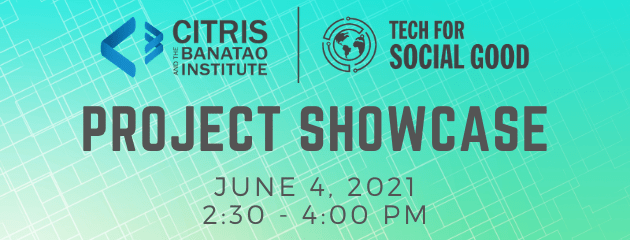
Members of the Project LEAP-FROG team include Kenneth Prewitt, Ambrose Liu, Philana Ng, Di An, Haoyu Niu and Derek Hollenbeck. Not pictured: Solomon Denning and Jim Song. (Photo courtesy of Derek Hollenbeck)
A team from the University of California, Merced comprising eight undergraduate and graduate students has won the inaugural CITRIS Aviation Prize. For engineering the winning proposal, they will receive a $2,000 cash award, as well as a $25,000 budget to support a live demonstration of their flight in spring 2022.
Launched in fall 2021 by the Center for Information Technology Research in the Interest of Society and the Banatao Institute (CITRIS), in collaboration with the UC Berkeley Institute for Transportation Studies (ITS), the CITRIS Aviation Prize challenges student teams across the CITRIS campuses at Berkeley, Davis, Merced and Santa Cruz to design and develop a plan for an autonomous flight of at least 115 miles within a circuit of at least 5 miles with a small uncrewed aircraft system (UAV), or drone — in full compliance with Part 107 rules provided by the Federal Aviation Administration (FAA).
The winning team submitted a proposal for a “long endurance edge-AI platform for research opportunities and data gathering,” called Project LEAP-FROG. In addition to the 115-mile-long endurance flight, they proposed to measure the amount of residual dry matter, or old plant material left on the ground at the beginning of a new growing season, over 200 acres of rural environments.
“Our team is honored to have been selected for this prize, and we look forward to working with the CITRIS community to demonstrate our flight this spring,” said Derek Hollenbeck, team lead for Project LEAP-FROG and a doctoral student in mechanical engineering at UC Merced.
Other team members include Di An, Solomon Denning, Ambrose Liu, Haoyu Niu, Philana Ng, Kenneth Prewitt and Jim Song. The team is advised by UC Merced’s YangQuan Chen, professor of mechanical engineering, and Spencer Castro, assistant professor of management of complex systems.
The demonstration will be conducted at the UC Merced Vernal Pools and Grassland Reserve, a 6,500-acre nature preserve adjacent to campus that is part of the UC Natural Reserve System. The site restricts access to permitted visitors only and offers a generous amount of uncontrolled Class G airspace, making it an ideal location both to mitigate risk associated with the test flight and to approximate real-world research conditions.
“I’m looking forward to seeing this project in active development,” said Brandon Stark, the director of the UC Center of Excellence on Unmanned Aircraft System Safety and a research assistant professor of mechanical engineering at UC Merced who has played a key role in creating the CITRIS Aviation Prize. “There are a lot of pieces to integrate in only six months, such as autonomous safe landing site selection and 4/5G communication, on top of a unique hybrid vertical take-off and landing platform, but I’m confident this team is up to the challenge.”
CITRIS Director Costas Spanos praised all seven proposals submitted. “It is inspiring to see such innovation and enthusiasm from student teams across the four CITRIS campuses to meet the high bar established for this inaugural challenge,” he said. “We look forward to bringing together talent to see a successful flight in the spring and inspire more engagement from students and faculty in the future.”
While the Project LEAP-FROG team will lead the spring demo, CITRIS invites faculty, staff and the other Aviation Prize competitors to help make the flight a success. To get involved, email aviationprize@citris-uc.org.






